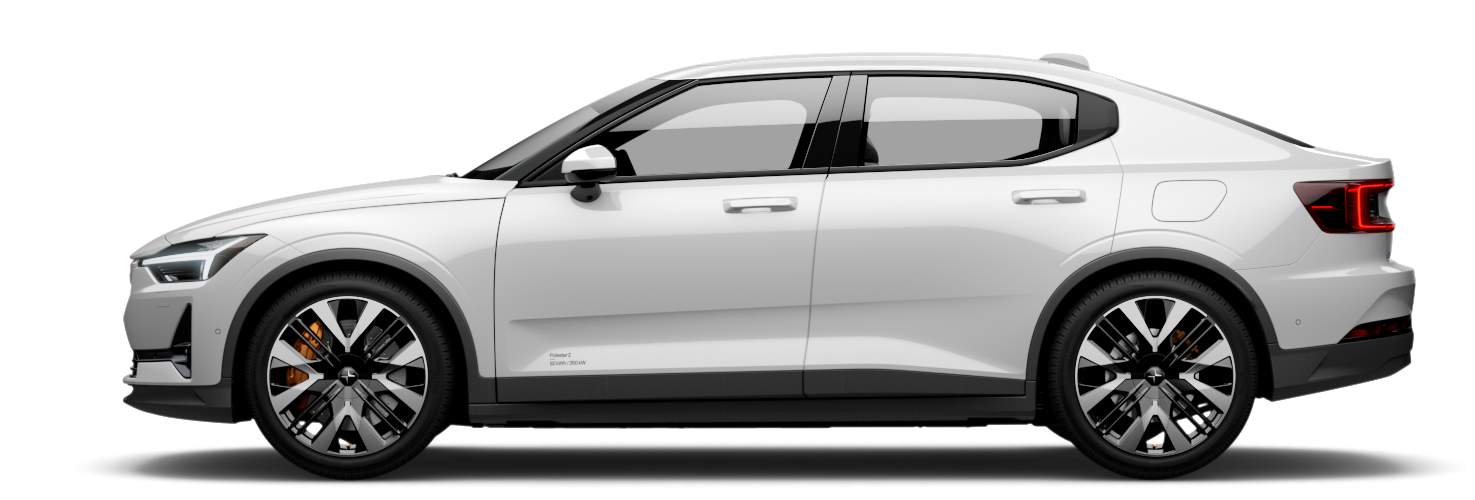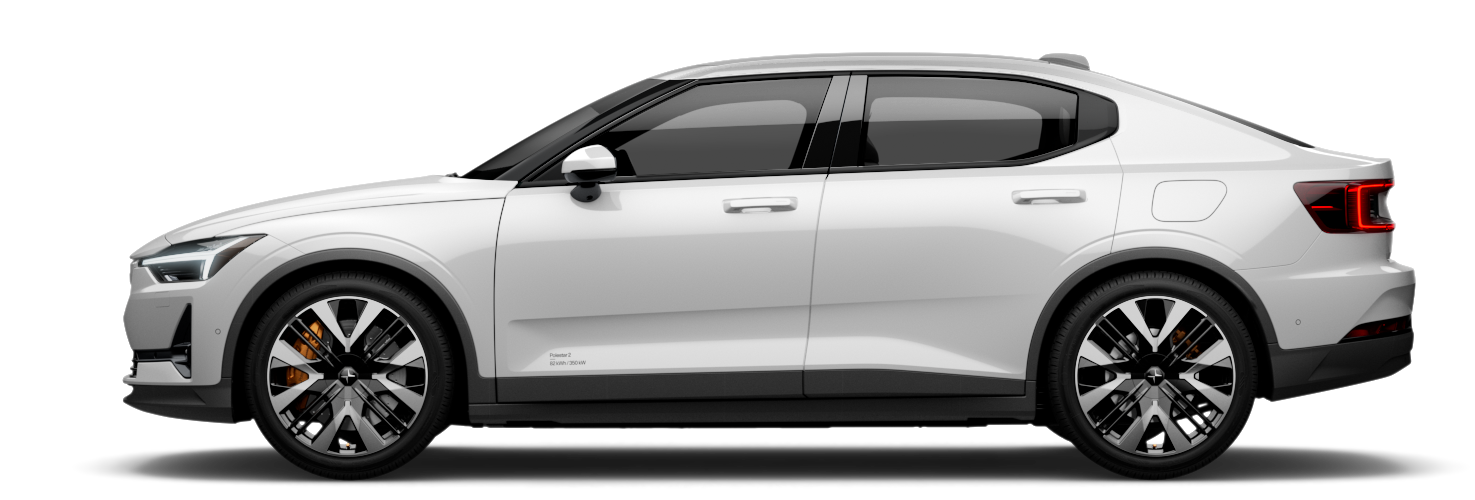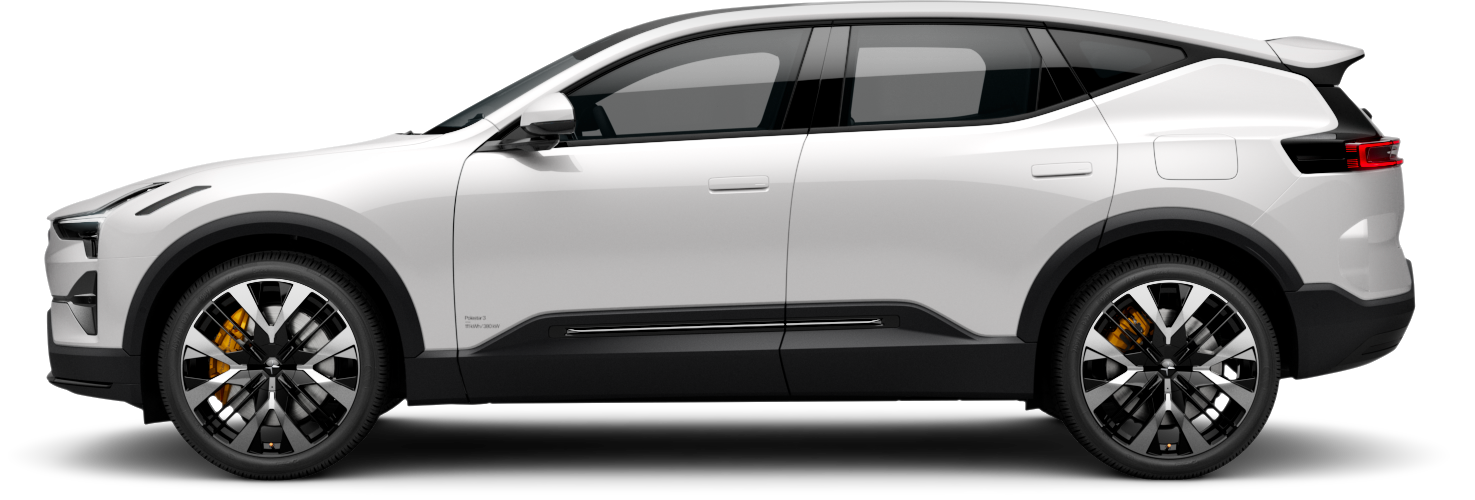EV management: Must-know hacks to keep your electric car running smoothly
In this article, we'll cover the essentials of EV management in three key areas: long-term parking, car washing, and battery management. These tips will help you maximise your EV’s longevity, keep it looking pristine, and ensure the battery stays in top condition.

Long-term parking: protecting your EV when it’s not in use
When you're heading off on vacation, understanding long-term parking is key. EVs have unique needs when it comes to long-term storage, so let’s dive into how to prepare and protect your car.
Long-term parking is generally considered anything beyond two weeks of non-use. If your car is sitting idle for a while, you’ll want to take steps to ensure its battery and other components remain in perfect condition. The good news? Electric cars are generally easier to maintain than traditional combustion vehicles, but they do require a different type of preparation.
How to prepare your EV for long-term storage:
1. Clean your car inside and out: Before storing your car, give it a thorough wash and interior clean. You’d be surprised how dirt and grime can cause problems if left for too long. For example, bird droppings can damage the paint if they stay on the surface (even if you believe it gives you good luck).
2. Check the state of charge: Your battery’s state of charge is critical for long-term storage. Aim for a battery charge level of about 50-60%. This level helps prevent the battery from depleting or overcharging while it’s parked. Avoid leaving it fully charged for extended periods, as that can accelerate battery degradation. Just above half charge is the Goldilocks zone and is just right.
3. Leaving the car unplugged: For shorter storage (up to a month), it’s okay to leave the car unplugged if the charge is around 50%. For longer periods, connect the car to a charger that allows you to set a target charge level. Polestar vehicles can maintain a steady charge, protecting the battery from draining completely.
4. Tyre pressure matters: Check your tyre pressure before storing your car. Tyres tend to lose air over time, especially if the vehicle is sitting in one spot for months. Overinflate them slightly (by about 5-10 PSI) to compensate for this.
The best places to store your EV long-term:
EVs prefer stable temperatures. If possible, keep your car in a climate-controlled space, as this helps prevent extreme temperature fluctuations that can affect the battery. If you don’t have a climate-controlled space, at least keep the car covered to protect it from dust and dirt. A high-quality car cover will do the trick, keeping your Polestar looking sleek even after months of storage.

Car washing: keeping your EV looking pristine
You’ve parked your Polestar at the front of your favourite café, and heads are turning. But to keep your car looking showroom fresh, regular washing is key. EVs, with their smooth body lines and lack of a traditional front grille, actually collect dirt a little differently than other cars.
Can you wash an electric car?
Absolutely! You can and should wash an electric car just like any other. In fact, with fewer intricate engine components and no exhaust pipes to worry about, washing an EV can be a bit simpler. However, there are still some best practices to follow.
How to wash an electric car without scratching it:
1. Pre-rinse the car first: Always start with a rinse to loosen dirt and prevent scratching. Using a pressure washer or hose, rinse off as much debris as possible. Polestar’s smooth design makes this easier than other vehicles, as there aren’t as many nooks and crannies.
2. Use the two-bucket method: One bucket for soapy water and another for rinsing your wash mitt. This method helps reduce the risk of dirt particles scratching the paint.
3. Choose the right products: Not all soaps and cleaning products are created equal. Look for car wash soap specifically designed for automotive use. Avoid household detergents as they can strip wax and protective coatings from the paint.
Leaving your car to air dry might seem harmless, but it can lead to water spots. Use a microfiber towel to dry the car, starting from the top down. For an added touch, consider a quick detailer spray to remove any leftover streaks. But always remember that beauty is on the inside. With EVs, there are fewer moving parts in the cabin, making interior cleaning a bit different from traditional cars. Use a cleaner appropriate for the seat material to avoid damage and use a gentle microfiber cloth for screens to avoid scratching.
Can You Take an EV Through a Carwash?
Yes, you can! EVs, including all Polestar models, are perfectly safe in automatic car washes. Just make sure the wash you choose is touchless or uses soft cloth to avoid scratching.
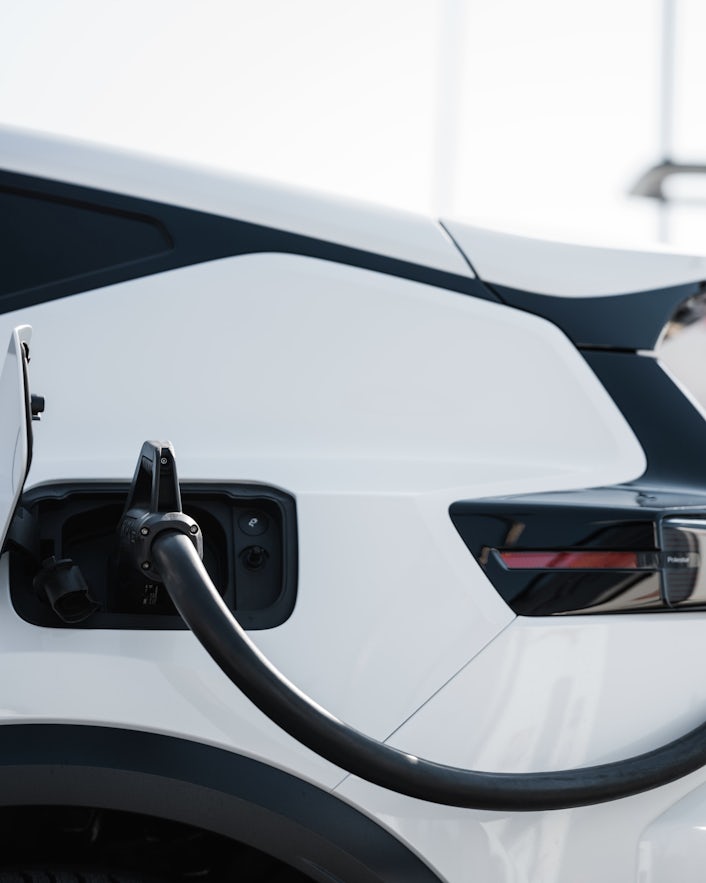
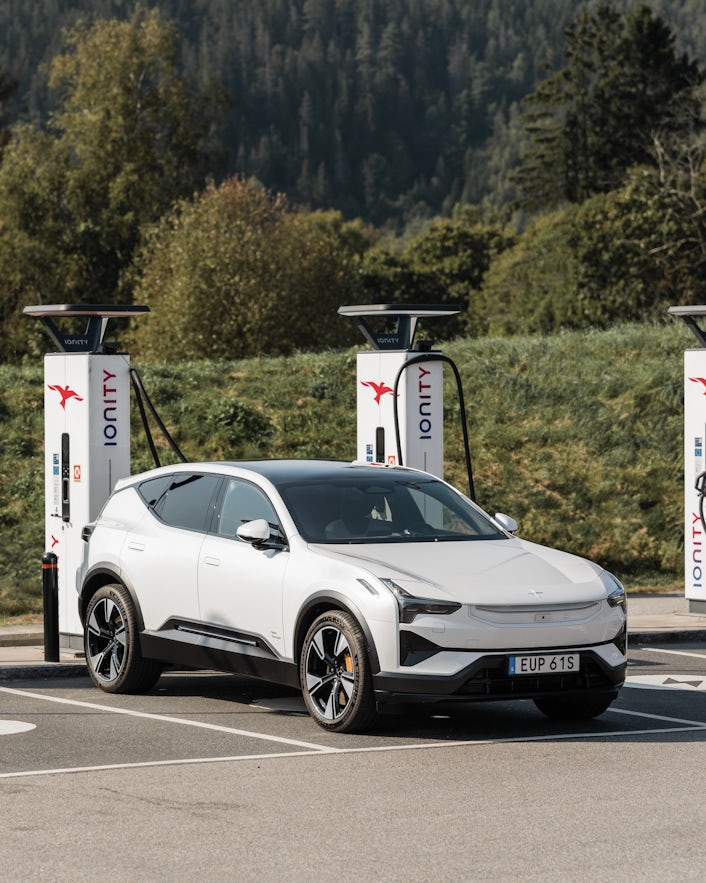
Battery management: maximizing the life of your EV's heart
The battery is the heart of your electric car, so proper care is essential for optimal performance. Polestar’s advanced battery management system (BMS) is designed to handle the intricacies of battery health, but there are still things you can do to prolong battery life.
What is a Battery Management System?
A BMS monitors the battery's state of charge, temperature, and overall health. It helps balance the individual cells within the battery pack, ensures safe charging and discharging, and prevents overheating. Essentially, the BMS is the brain that keeps your battery performing at its best.
Tips for extending battery life:
1. Avoid extreme temperatures: Battery performance can be affected by both high and low temperatures. When parking, try to find a shaded spot during summer or a garage during winter. The Polestar BMS can help manage temperature, but external conditions still play a role.
2. Keep the state of charge between 20-80% for daily use: This range is optimal for battery health. If you’re planning a long trip, it’s fine to charge up to 100%, but as we already mentioned, don’t leave it there for long periods.
3. Use scheduled charging: Set your EV to charge just before you plan to use it. This helps maintain a lower average battery temperature.
Proper EV management doesn’t have to be complicated, but it does require a little know-how. By taking care of long-term parking, keeping your car clean, and following battery management best practices, you’ll ensure that your Polestar continues to deliver a thrilling, sustainable driving experience for years to come.
Click here to learn more about EV management during the winter months.
